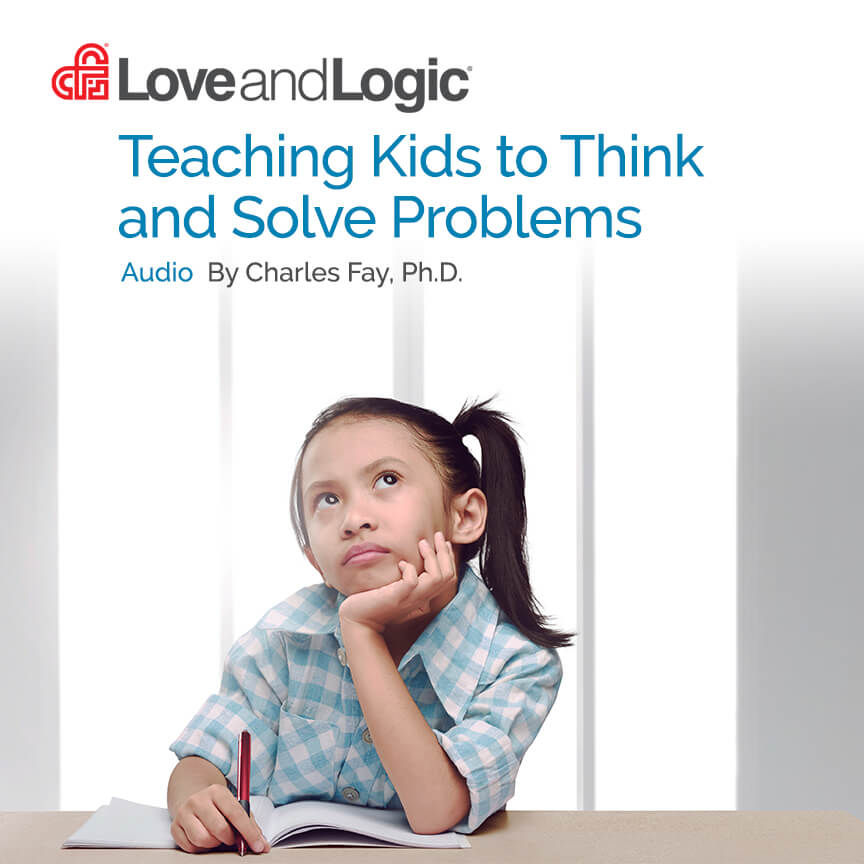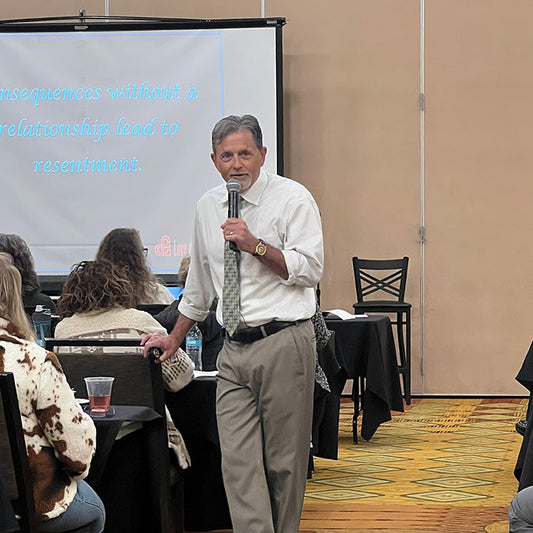How powerful is it for us to model behavior for our kids? As a parent, it can be sobering to consider the tremendous impact of our daily actions. Although it sometimes feels like our kids aren’t paying attention to what we say, does what we do escape their notice? Are they always watching and learning?
What do I really want for my kids? As someone who has written books on parenting, and spoken on the subject worldwide, I’m embarrassed to admit that I didn’t seriously consider this topic until my kids were older. What type of inheritance do we hope to leave them? Will we be intentional about providing a legacy of positive attitudes, skills, and habits, or will we leave it up to chance?
Might it be helpful to draft a “to do” list or, better yet, a “seeing us do” list? Consider asking, “What five things do my kids need to see me doing on a consistent basis?” Listed below are some challenging examples. As you read, keep in mind that no one is perfect. All of us struggle with being whom we desire to become.
1. See us overlooking insults… provocations… invitations to irritation
More precious than gold, silver, stocks, or bonds is the ability to live life at peace with others, even in a world filled with conflict. This aptitude, not being dependent on the kindness or fairness of others, equips those who develop it with emotional stability and empathy that allows them to choose love over hatred and to select grace over retaliation.
2. See us practicing patience with others and contentment with our situation
Most of the time, are we content with our situation, or are we constantly hurrying toward something that we believe will make us happier? Are we relaxed with others, or do we constantly expect them to get out of our way? Are we thankful for the good things we have, or are we always believing that the grass is greener on the other side of the fence?
3. See us growing through our mistakes
Kids who grow up with perfectionistic parents too often end up applying unrealistic standards to themselves. Feeling they can never measure up, they frequently avoid healthy risks. “Why try?” they reason, “I’ll never be good enough.”
Can the desire to provide a great example lead us to model something unattainable and unhealthy? Might our kids grow in wonderfully healthy ways by watching us err? Imperfect people, who model a consistent desire to improve, provide a far better example than those who beat themselves up over being human.
4. See us saying “no” to them, to others, and to ourselves
Like many other values, maintaining self-control and setting healthy boundaries are more frequently caught than taught. It rubs off on our children when they see us demonstrating assertiveness.
Saying “no” in firm yet compassionate ways is difficult for many of us, but it clearly constitutes part of living a healthy, honorable life. Like any other skill, it requires plenty of consistent practice. It also depends on the understanding that it is often necessary to lean into conflict to resolve it… and thus to earn the respect of others.
The triad of strength, compassion, and self-discipline provides the recipe for great leadership.
5. See us experiencing pride and joy in our work
Our children will eventually encounter work of some type. Will they consistently view it as drudgery, or will they see it as the gift that it truly is? Will they search for meaning and purpose in what they do, or will they constantly grumble and search for a way out of it?
While work is challenging, and no form of it is ever fun all of the time, doesn’t it make sense that we ought to thoughtfully consider how we communicate about it in front of our kids?
Actions speak louder than words. How we live our lives will prove more impactful than our lectures. Humbling as it may be, this truth can provide us with the motivation to carefully consider what we model. Fortunately for all of us, success in parenting does not depend on being flawless. It depends more upon our devotion to grow with humility and consistency toward what we hope our kids will become.
If you’d like more ways to guide kids toward taking responsibility for their choices and approaching challenges with clear thinking, check out my audio, Teaching Kids to Think and Solve Problems. It offers practical strategies you can use right away to model calm problem-solving and help kids grow more confident and capable.
Thanks for reading!
























































